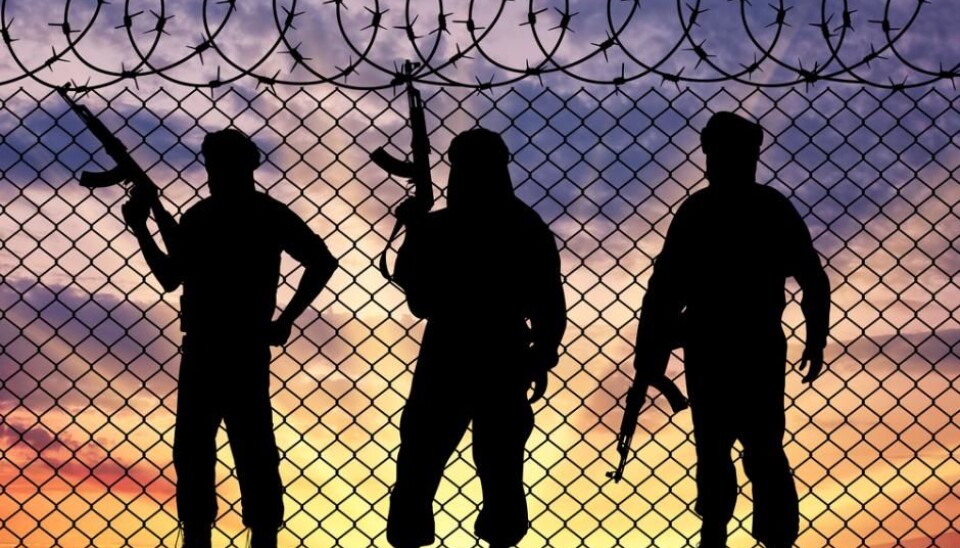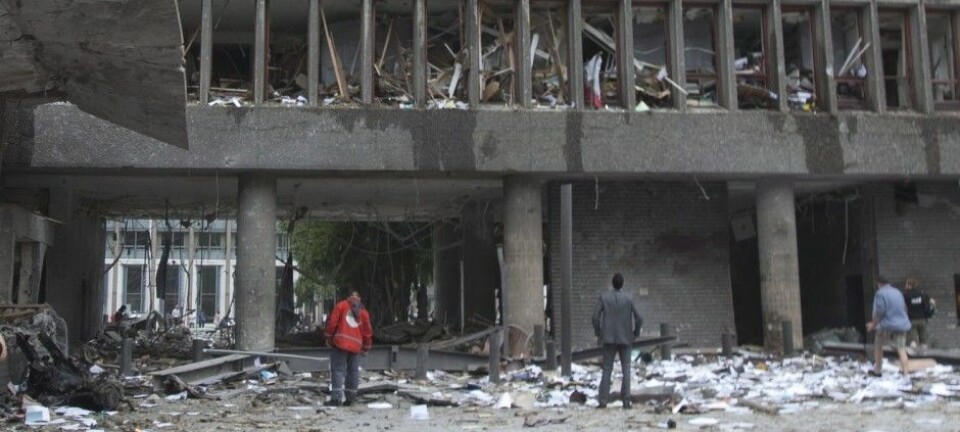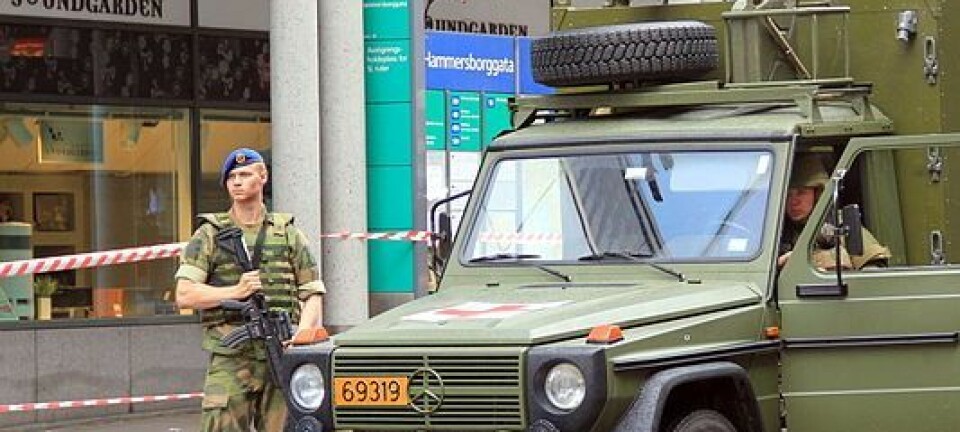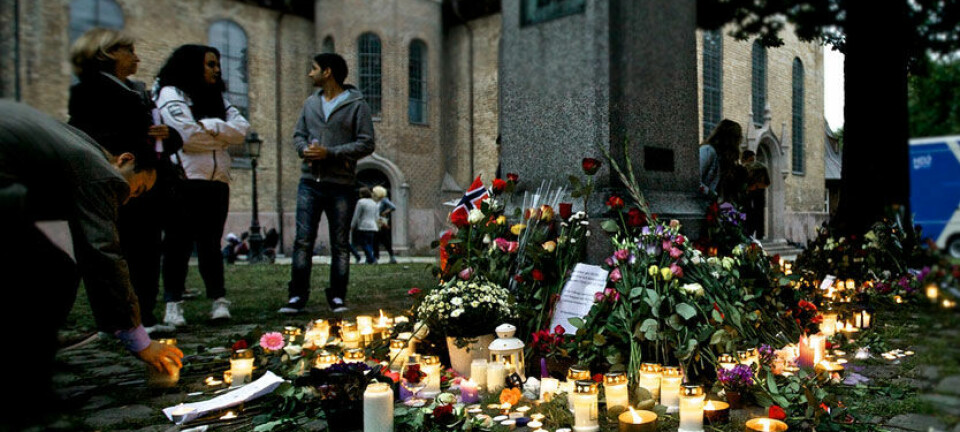
Religion alone does not cause civil war
Conflicts arise when people are excluded from political influence in their own country, concludes a new study.
In the last five years, Syria has split into different rebel groups, some supported by world powers such as the USA and Russia. So-called Islamic State fight in the name of Allah for control while moderate Sunni Muslims fight for more democracy and a new government.
Many believe that conflicts such as this develop on solely religious grounds, but a new study has discovered that religion is no more influential than language, race, or other identifying cultural traits.
“Civil wars such as that in Syria don’t occur on the grounds of religion alone. Rebel groups typically fight for political power and control and often form groups according to ethnic affiliations. They may equally well form factions according to language or skin colour, than religion,” says Assistant Professor Lasse Lykke Rørbæk from the Department of Political Science, Aarhus University, Denmark.
Rørbæk has just completed his Ph.D. dissertation on ethnic groups and civil war.
Political exclusion leads to civil war
In reality, civil war often starts when groups of people are excluded from society, says Rørbæk.
“The possibility of civil war breaking out is significantly increased if the groups are excluded from political influence. It gives them a reason to challenge those in power, which can lead to civil war,” he says.
Rørbæk’s research has delved into a number of specific conflicts such as in Bosnia, Rwanda, and Syria and concludes that religion is overestimated as a cause for war.
“Civil war also breaks out in places where religion plays a minor role or no role at all. Here, division can arise through language differences, and the risk that excluded groups will rebel increases if those in power oppress people on those grounds,” he says.
It also creates an ‘us versus them’ situation, where some are excluded from influence and perhaps do not have the same employment or housing options as others, says Rørbæk.
Religion becomes a political weapon
Even though religion does not in itself create a civil war, it can be used as a weapon by authorities seeking to protect their own position, says Nikolas Emmanuel, from the Department of Political Science at the University of Copenhagen, Denmark, who was not involved in the new research.
“It’s all about political exclusion,” says Emmanuel.
“If religion is used as a weapon to divide people, it can make these groups rebel. They meet political opposition because the government feels threatened, for example. And in the end it can lead to civil war.”
Five steps to civil war
Rørbæk names five steps that lead to unrest and even war.
It starts with political exclusion of a particular group in a society. Second, that group demonstrates or protests their dissatisfaction. Third, the government tries to undermine the threat with violent suppression. Fourth, the rebels turn to weapons to defend themselves or to change the political system. And finally, civil war breaks out.
Poverty can also create marginalisation, says Rørbæk.
“Civil war often breaks out in countries with extreme poverty,” he says. “As long as a country doesn’t have enough resources, the powers that be will concentrate their power and goods in their own group, among the people who have voted for them or have helped them come to power in some other way.”
Equal rights for all
Civil war can in principle break out anywhere, says Emmanuel, though some places are more susceptible than others.
“It all depends on whether you live in an open state that is inclusive of all groups in society, cross religion, language, and ethnicity. We have that in Denmark, but it is a bigger problem in other European countries,” says Emmanuel.
But can countries like Denmark do anything to help avoid war elsewhere?
“I think that we should continue to push for societies to be more inclusive of ethnic groups. We can for example apply political and economic sanctions on leaders who base there power on a smaller part of the population,” says Rørbæk.
-------------
Read the Danish version of this article on Videnskab.dk
Translated by: Catherine Jex
Scientific links
- "Why Do Ethnic Groups Rebel? New Data and Analysis", World Politics (2010), DOI: http://dx.doi.org/10.1017/S0043887109990219
- Escalating Ethnic Conflict









